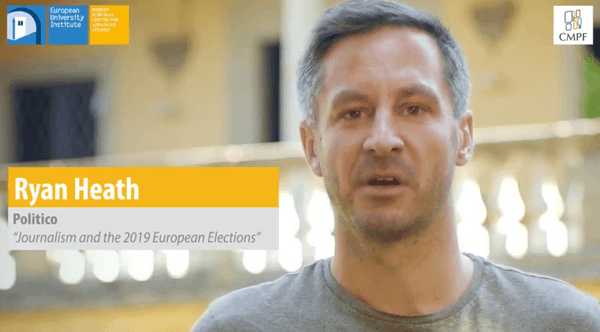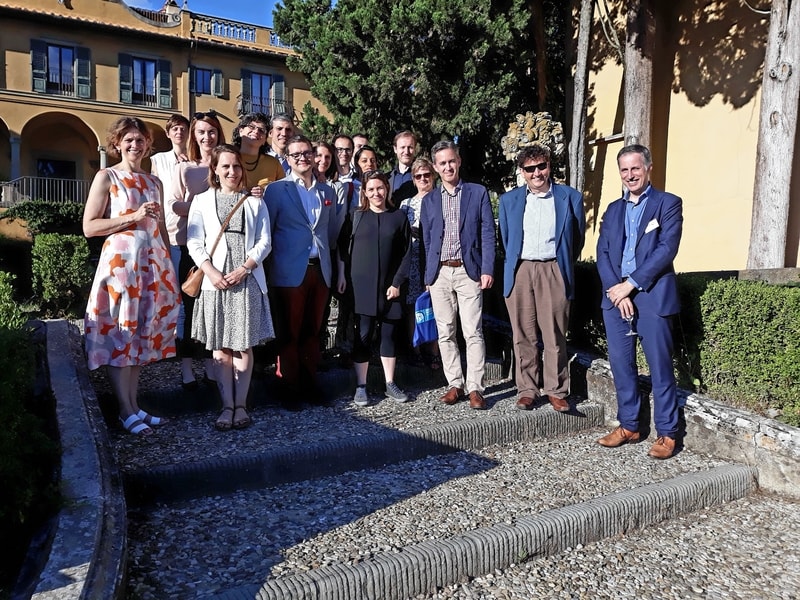
Read more
News
Videos: What Happened at the 2018 CMPF Summer School?
The week-long 2018 CMPF Summer School kicked off on June 11 at with a core focus on journalism in the era of algorithms and artificial intelligence.
On Monday 25 June the CMPF hosted the second Data Access Initiative workshop, co-organised with the Media Policy Lab (a project of the media authority Berlin-Brandenburg – mabb), Die Medienanstalten and involving ERGA.
The idea behind the Data Access Initiative workshop was to discuss the potentials for media authorities’ and researchers to access data held exclusively by information intermediaries like Facebook and Google. This data is needed to understand practices of intermediaries in relation to content moderation and recommendation algorithms, which may have significant impact on freedom of expression and pluralism of information provided to users.
CMPF Scientific Coordinator Elda Brogi gave an introduction to the work of the CMPF, highlighting the methodological challenges faced by the CMPF in the Media Pluralism Monitor project as regards retrieving and collecting data related to the online dimension of pluralism. Director of the media authority Berlin-Brandenburg (mabb) Anja Zimmer explained their motivation to establish the Media Policy Lab, a project that aims to connect authorities with scientific expertise, and that launched the Data Access Initiative. In her talk, Zimmer emphasised that, considering ongoing digital transformation, media authorities need to act together in finding new ways for safeguarding media pluralism.
After these interventions, the event attendees heard a presentation from Professor Richard Rodgers of the University of Amsterdam on online media pluralism and the effects of algorithmic decision-making on users content consumption and attempts by platforms to increase transparency and content pluralism in search results and news feeds by adding varying degrees of user personalisation and by adding interpretation and explanatory text to search results. Following a Q&A and a session, participants of the workshop separated into groups in order to explore questions related to data collection from intermediaries. Each group was given a topic to explore; Transparency, Data Access, Non-Discrimination and Public Value. These topics were explored according to four guiding questions;
- How do we ensure transparency? What does the public need to know about Algorithmic Decision-Making?
- How do we get data access for monitoring intermediaries? Which auditing process is required? What information is necessary?
- How can equal access for media producers be ensured? Can the concept of non-discrimination be translated to intermediaries?
- How do we preserve and promote journalistic content of public value for the digital information sphere?
In the afternoon the groups then presented their ideas for encouraging more transparency, access and value for researchers. In the coming weeks a more comprehensive report of the results of the group discussions will be published by the Media Policy Lab.
Following the presentations the participants had the opportunity to hear David Kaye, UN Special Rapporteur on the promotion and protection of the right to freedom of opinion and expression, who gave a keynote speech focusing on media freedom which you can view below. See also our brief but interesting chat with David Kaye on media pluralism.


